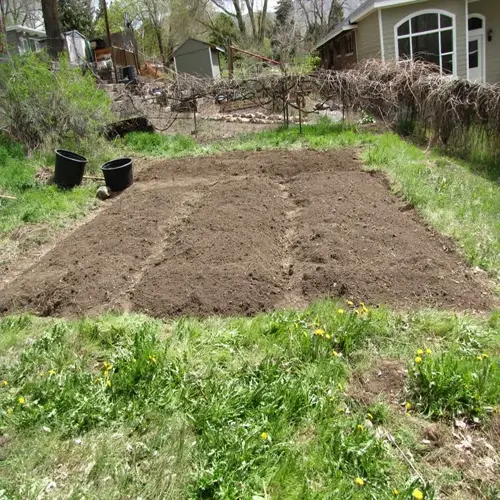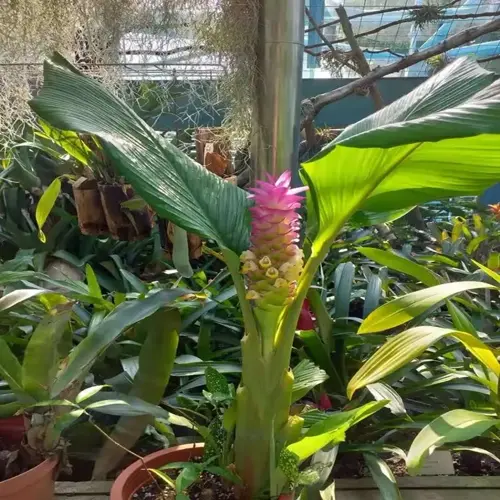Do succulent propagations require direct sunlight?

Written by
Julia Anderson
Reviewed by
Prof. Charles Hartman, Ph.D.Succulent propagations must be kept out of direct sunlight during their sensitive early stages. I found that out the hard way when my first cuttings burned up in the afternoon sun. Bright indirect light gives just the right amount of energy without the risk of dehydration. This way, you will have photosynthesis, which protects delicate tissues.
Natural Light Setup
- Position near east-facing windows for gentle morning exposure
- Use sheer curtains to diffuse harsh afternoon sunlight
- Rotate trays daily for even light distribution
Artificial Lighting
- Position full-spectrum LEDs 6-12 inches above cuttings
- Set timers for 14-16 hours of daily illumination
- Maintain 2000-3000 lux intensity at plant level
Seasonal Adjustments
- Increase winter light duration by 2 hours
- Provide shade during intense summer midday periods
- Monitor daily light integral (DLI) with smartphone apps
Damage Prevention
- Watch for red/purple discoloration signaling stress
- Move bleached cuttings to lower light immediately
- Use 40% shade cloth for outdoor propagation stations
Morning sunlight offers methods before the heat hits. When light comes through east-facing windows, it's soft enough to awaken cuttings, but not too warm. I put my trays of cuttings here for the first 2-3 hours of the morning. This is comparable to how a succulent grows naturally, with filtered light through rocks or shrubs.
Artificial lighting systems consistently deliver excellent results. Full-spectrum LED lights are positioned 8 inches (20.3 cm) over the cuttings at just the right intensity. I use inexpensive timer systems to provide 15-hour per day cycles. Weather-dependent variables are eliminated, providing reliable year-round propagation success.
The use of light measurement eliminates the element of mystery when using propagation systems. Meter applications for smartphones can measure intensity with surgical status. For best root development, expect up to 2500 lux at the soil level. I monitor the levels every week while the plants grow and the light levels change. I can make adjustments to minimize stretching or ensure full light capacity is reached.
Signs of stress appear before you see visible damage. Even a little red on the edges of a leaf signals too much light. When you see that, I move the cutting to the lower light. After that, I wait until I have reduced the time or thickness to approximately 48 hours in complete shade before I start slowly reintroducing them to indirect light.
Transition planning primed cuttings for lighter conditions. After 4 weeks with roots formed, provide morning sun at 15-minute daily increments. The hardening-off process slowly strengthens the tissues. In 2 weeks, cuttings tolerated up to 2-3 hours of direct light with no harm. Your patience improves hardy plants.
Read the full article: How to Propagate Succulents: A Complete Guide

